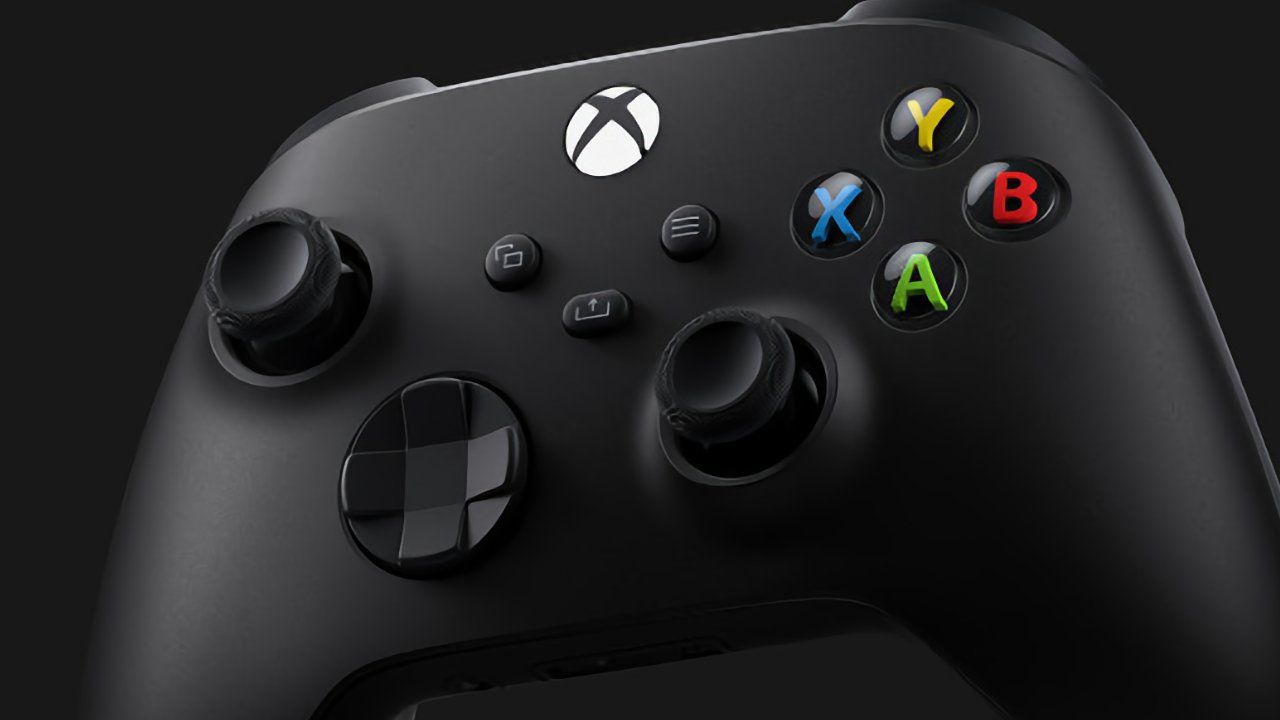Microsoft has announced a series of 11 pledges to do with App Store and fair dealing with developers, but won't apply 4 major ones to its Xbox store.
As governments around the world put pressure on Apple and Google over regulating their platforms, Microsoft has announced what it calls "a principled approach to app stores." Specifically done to adapt "ahead of regulation," Microsoft says its 11 principles address its "growing role and responsibility" in the market since its acquisition of Activision Blizzard.
"[Too] much friction exists today between creators and gamers," says Microsoft in a blog post, "app store policies and practices on mobile devices restrict what and how creators can offer games and what and how gamers can play them."
"Our large investment to acquire Activision Blizzard further strengthens our resolve to remove this friction on behalf of creators and gamers alike," it continues. "We want to enable world-class content to reach every gamer more easily across every platform."
"Put simply, the world needs open app markets, and this requires open app stores," says Microsoft. "The principles we're announcing today reflect our commitment to this goal."
Open App Store Principles
What Microsoft calls its Open App Store Principles, are 11 pledges that fall into four categories:
- Quality, Safety, Security & Privacy
- Accountability
- Fairness and Transparancy
- Developer Choice
The pledges in these categories include ones such as enabling all developers to access the store, and protecting consumers with security and privacy tools. Microsoft says it will "hold our own apps to the same standards we hold competing apps," and by implication, avoid the anti-steering criticisms that Apple has faced.
Of the 11 pledges, Microsoft says only its first 7 will apply to the Xbox store. That means Xbox won't benefit from any of the Developer Choice category.
The pledges in this category all revolve around payment systems, which is key to the major criticisms of Apple and Google.
"[Some] may ask why today's principles do not apply immediately and wholesale to the current Xbox console store," says Microsoft in its blog. "It's important to recognize that emerging legislation is being written to address app stores on those platforms that matter most to creators and consumers: PCs, mobile phones and other general purpose computing devices."
"Emerging legislation is not being written for specialized computing devices, like gaming consoles, for good reasons," it continues. "Gaming consoles, specifically, are sold to gamers at a loss to establish a robust and viable ecosystem for game developers."
Microsoft concludes by saying that "we recognize that we will need to adapt our business model even for the store on the Xbox console," and that it will be "closing the gap... over time."
 William Gallagher
William Gallagher







-m.jpg)






 Christine McKee
Christine McKee
 Charles Martin
Charles Martin
 Mike Wuerthele
Mike Wuerthele
 Marko Zivkovic
Marko Zivkovic
 Malcolm Owen
Malcolm Owen




-m.jpg)






43 Comments
So don’t sell at a loss, and produce enough of them? (Instead of artificial shortages that are obvious ploys to boost desirability.)
The “
I’d argue that MS and others like it intentionally create the economic circumstances that make working for AAA studios the only sad “viable” option for most developers. The only people that are benefiting here are investors.
So much stupidity I don’t know where to start. Translations: “Mobile phones should be stopped!! We failed at making iKnockoffs so damn them all!!” “App stores should be open except ours!!” “We sell our hardware at a loss so punish everyone who makes a profit!!”
Corporations are like politicians, if their lips are moving they are lying. Like politicians, they promise the moon but deliver something else completely. Virtue signaling by corporations is the most laughable tactic of all. As always and forever with corporations and politicians... follow the money, baby.
Microsoft keeps claiming that they sell Xbox at a "loss", but refused to provide any actual numbers to verify the claim during the original Epic trial. The truth is probably closer to "consoles are sold at a loss initially". Sony has already stated that specific models of the PS5 became profitable within the first year of launch. There's no real reason that the Series X couldn't do the same.
As for their Open App Store principles, it's obvious that it's mainly about getting access to Apple's hardware and not much else. It's not a coincidence that companies like Epic/Microsoft that were so heavily oriented around PC/consoles are suddenly concerned about gaming on mobile at the same time that mobile gaming now generates more revenue than PC/console gaming combined.